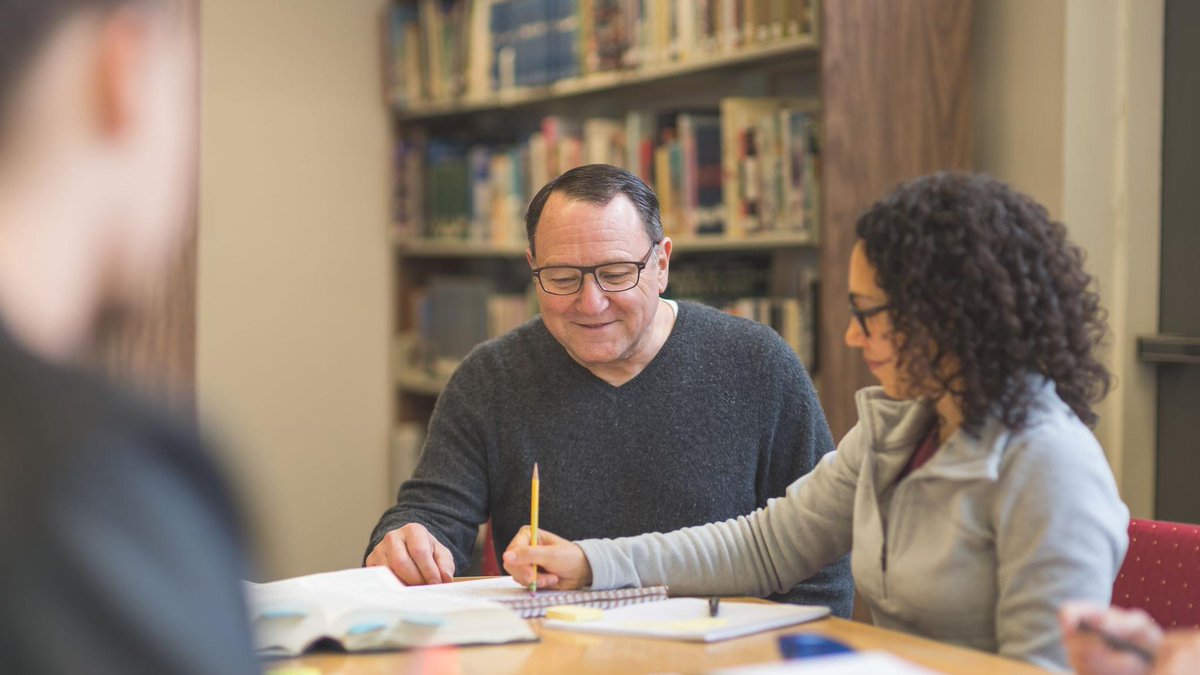Before Duerr took charge of the school students were not allowed to bring phones to school. Any student caught sneaking a phone to school would be suspended. Duerr was forward-looking and wanted to encourage the use of technology as much as possible. Therefore, she nixed the policy and allowed the use of smartphones as classroom resources.
Duerr made it clear to parents that she expected them to apply to a tertiary institution before graduation and apply for student aid. Traditionally, most students who graduated from St. Paul never went on to college. Instead, they would take up timber and manufacturing jobs since they were in abundance and didn’t require a college degree.
Duerr also initiated an advisory program where students and teachers meet before lunchtime. The objective of these meetings was to assess students’ academic performance and help them navigate scholarship applications and online internships. The advisors would also provide them with food, formal attire for prom, and allow them to crash at their homes if the students were going through a difficult financial time. This let the students know that their teachers cared about them, and fostered a spirit of trust and cooperation.
Every Friday, “genius hour” replaced the advisory sessions. Students were allowed to pursue projects they were passionate about during the genius hour. Some of the most popular projects included looking for recipes online, practicing cooking exotic meals, and creating digital videos.
In 2013, Duerr helped St. Paul School to establish a blended-learning lab in collaboration with various state colleges in Arkansas. This allowed students to take college-level courses online and gain both college and high school credit. The school also provides St. Paul’s residents computer sessions and invites families for evenings of conversation, meals, and technology discourse.
Daisy Dyer Duerr often uses the phrase, “no excuses, no limits” when asking students and teachers to strive for the best outcome. Not only does she say it, but she walks the talk. Her amazing career and awards in education are proof that the only limitation we have is our mind. Most often than not, the only thing standing between failure and success is one innovative idea and a little effort. Her work at St. Paul shows us that we can make education universal and accessible to all students regardless of their location or socio-economic background. As the world becomes more technologically advanced and old teaching and learning methods start to become obsolete, perhaps we can learn a thing or two from Duerr. Technology, expectations, and trust are invaluable instruments of success in learning institutions. When combined well, they help us achieve success sooner, rather than later.



